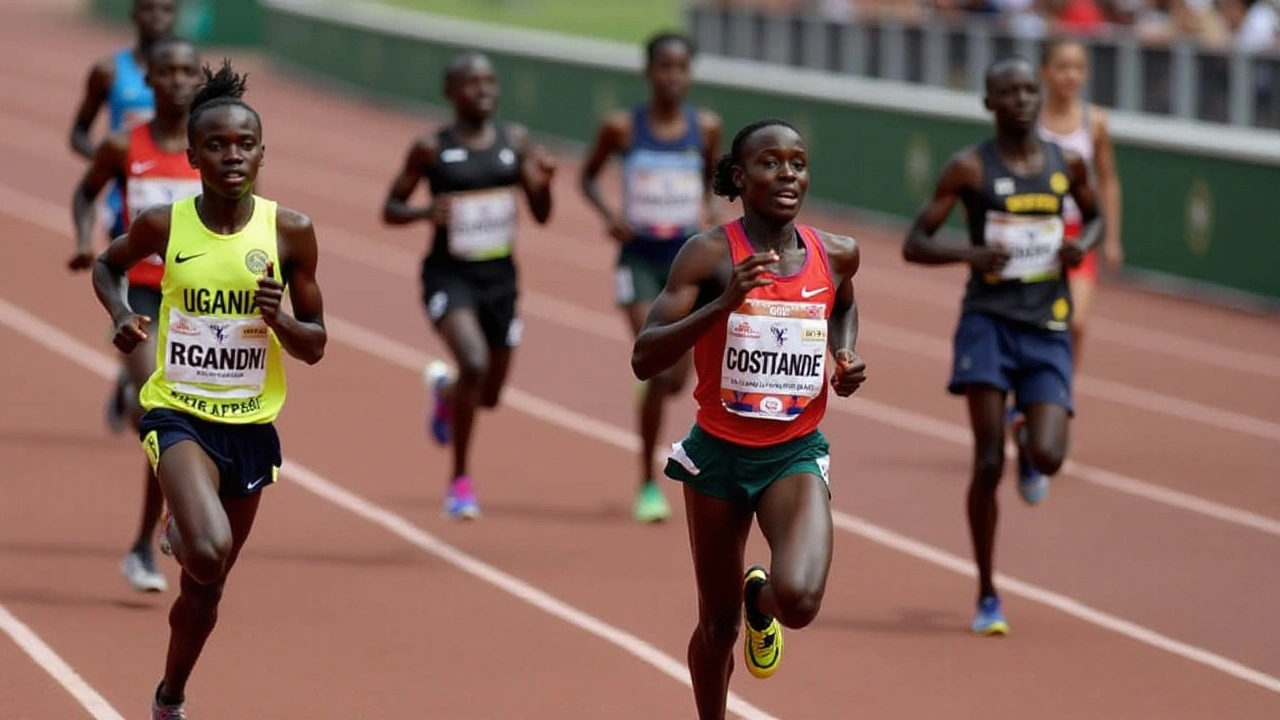Rebecca Cheptegei, a prominent Ugandan Olympic marathon runner, succumbed to her injuries after being set on fire by her boyfriend, Dickson Ndiema Marangach. The horrifying incident occurred at her home in Kenya, drawing attention to the alarming surge in gender-based violence and femicide in East Africa.
East Africa Femicide: What’s Happening and How You Can Help
Femicide in East Africa is a harsh reality that’s getting more attention. Every time a woman loses her life simply because she’s a woman, families and communities feel the impact. You might wonder why some cases make headlines while others stay hidden. The answer lies in the mix of cultural norms, weak legal enforcement and a growing demand for change.
First, let’s look at the numbers. In Kenya, the police recorded over 1,200 femicide cases last year, but only a fraction led to convictions. Tanzania showed a similar pattern, with many assaults never reported because victims fear stigma. Uganda’s capital Kampala has seen a rise in gender‑based murders, prompting local NGOs to call for stricter laws.
Why the Numbers Keep Growing
Several factors push the trend upward. Poverty forces some families into early marriages, limiting girls’ education and exposing them to abuse. Traditional beliefs sometimes excuse violent behavior, labeling it as ‘family matters.’ Add to that inadequate police training – officers often mishandle evidence or dismiss complaints as private disputes.
Social media is changing the game, though. When a tragic story goes viral, it forces authorities to act faster. The #EndFemicide movement in Nairobi sparked protests that led to a parliamentary review of the Sexual Offences Act. Similar pressure in Dar es Salaam pushed the government to launch a hotline for reporting gender‑based crimes.
What Communities Are Doing
Grassroots groups are stepping up. In Kisumu, a women’s collective runs safe houses that offer shelter, legal aid and counseling. In Arusha, youth clubs host workshops teaching boys about consent and respect. These programs prove that change starts at the neighborhood level.
If you want to support the cause, there are simple steps you can take. Donate to trusted NGOs that run victim support services. Volunteer your time to educate peers about gender equality. Even sharing verified news stories helps keep the conversation alive and holds officials accountable.
Governments also have a role. Enforcing stricter penalties for perpetrators and improving police response can deter future crimes. Training judges on gender‑sensitive issues ensures fair trials. Funding for victim rehabilitation must become a budget priority, not a after‑thought.
Remember, every story matters. When a case is reported, it adds pressure for systemic reform. By staying informed and speaking out, you become part of the solution. The fight against East Africa femicide isn’t over, but together we can push for a safer future for every woman and girl in the region.
